News
Read the latest news from the College of Natural Sciences at The University of Texas at Austin
UT Austin Launches New School of Computing
New school will unite key strengths to establish a center of excellence, strengthening interdisciplinary research and preparing talent for a rapidly changing economy.

A Break in a Longstanding Mystery about Origin of Complex Life
Breathe easy. It appears our microbial ancestors used oxygen, too.
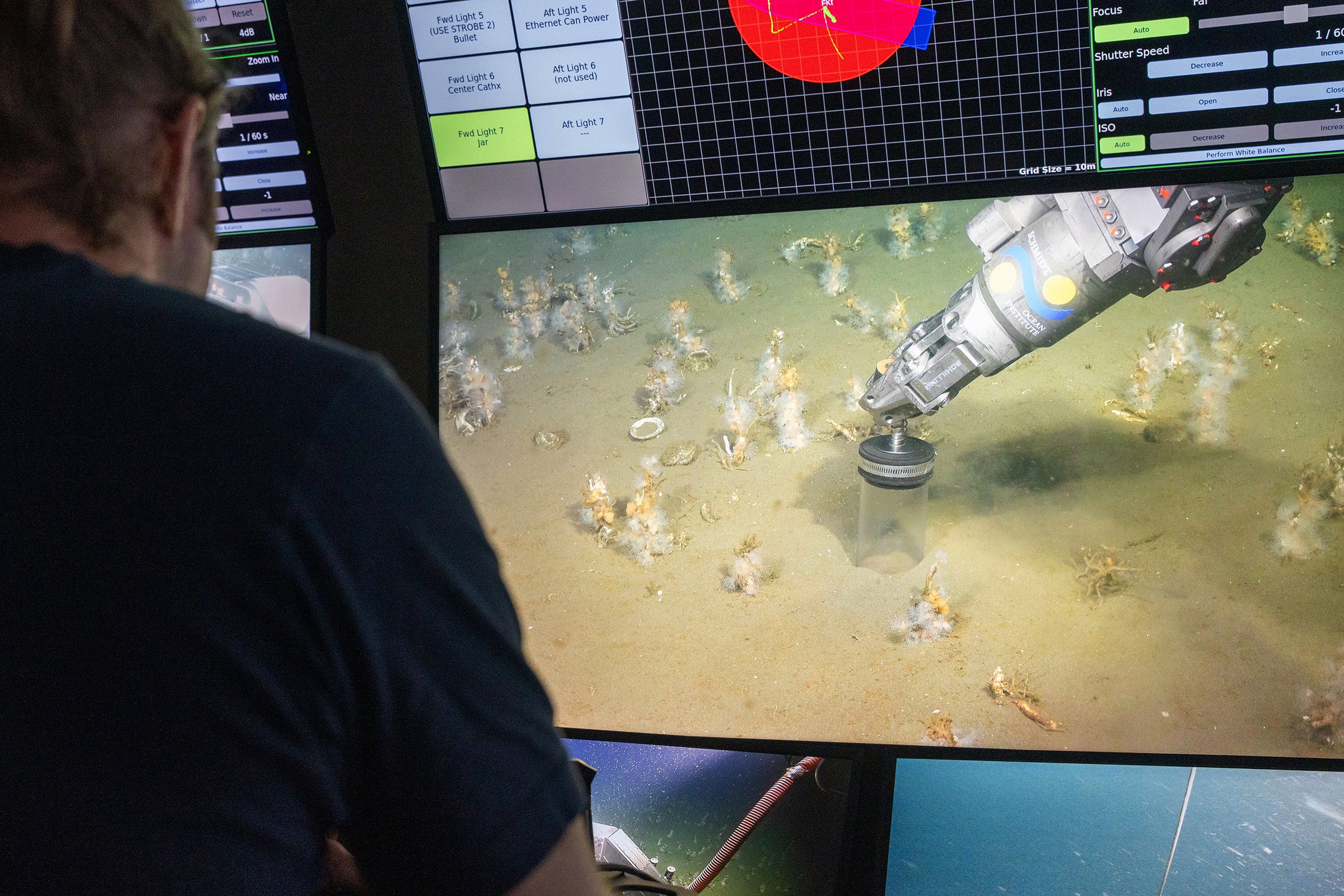
Kimberly Boddy Named a Sloan Research Fellow
The two-year fellowships are awarded annually to early-career researchers seen as emerging leaders in their fields.

Two UT Austin Faculty Members Selected as 2026 Cottrell Scholars
William Gilpin in physics and Devleena Samanta in chemistry each were selected for the honor.
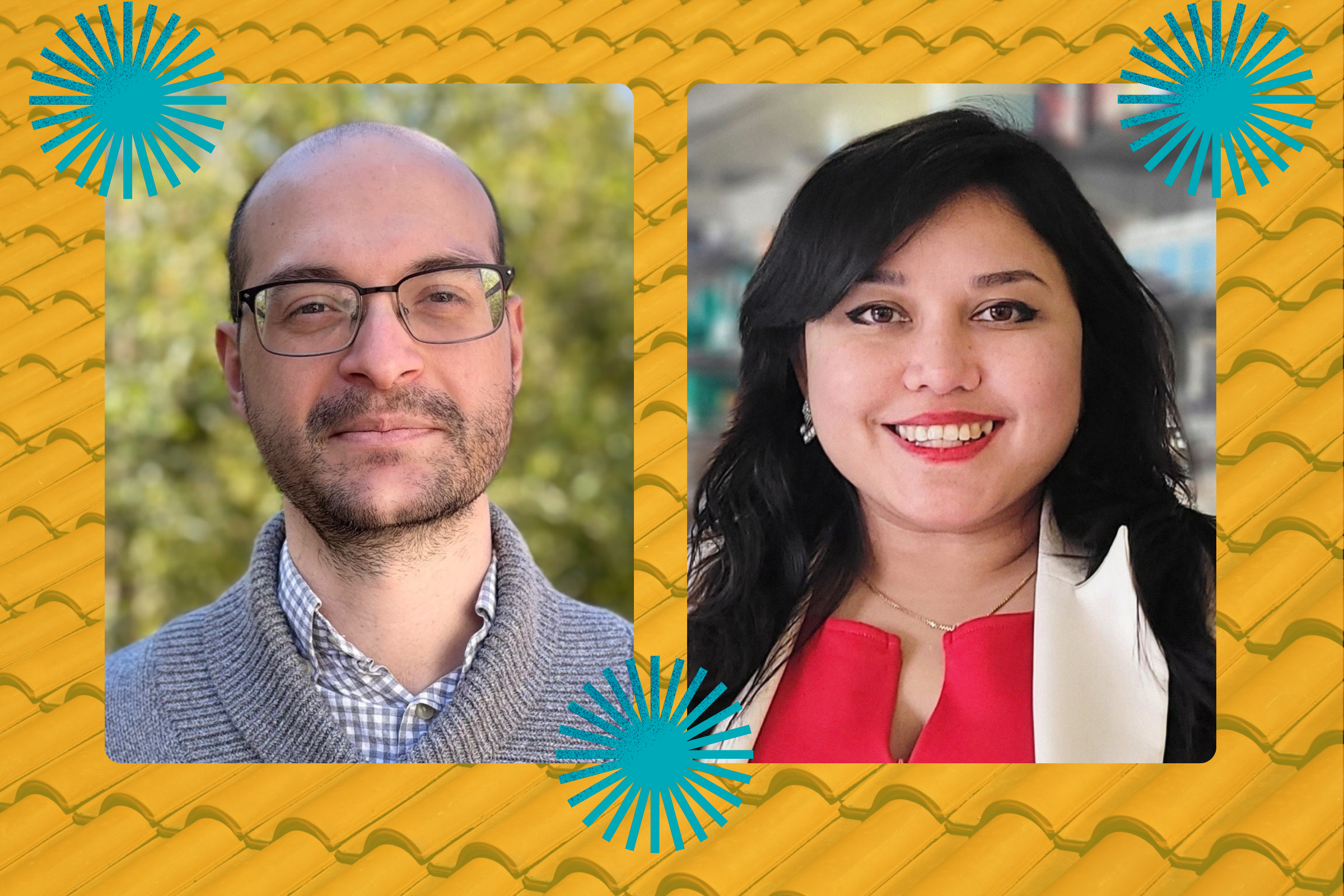
UT News
Texas Science Festival Invites Community to Partake in the Joys of Discovery
From a talk-show themed night with science comedy to a campus-wide day for hands-on STEM exploration, the 2026 Texas Science Festival offers something for everyone.

UT News
Ken McMillan Among Longhorns Newly Elected to the National Academy of Engineering
UT computer scientist Ken McMillan has been elected to the prestigious National Academy of Engineering.
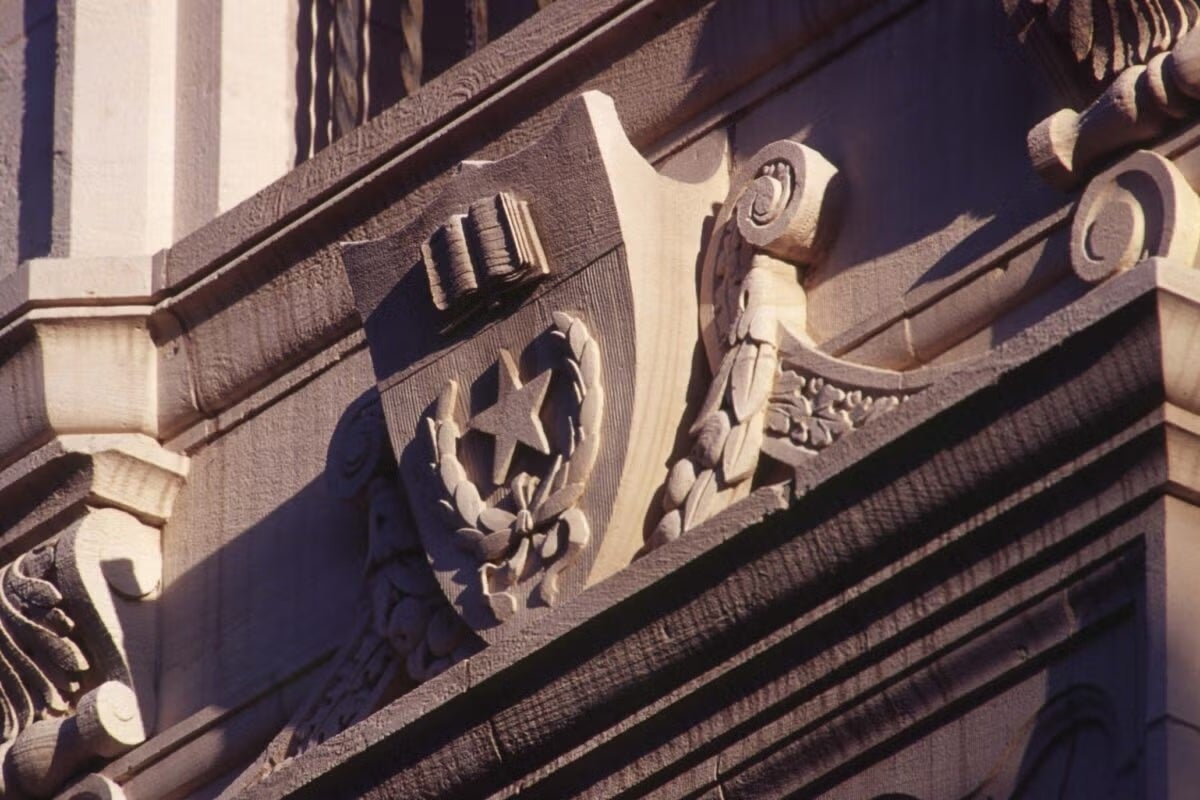
Microplastics in the Sand: Beach Combing Goes High Tech
A UT chemist says it is now time to develop tests for microplastics, similar to tests for other toxic threats.
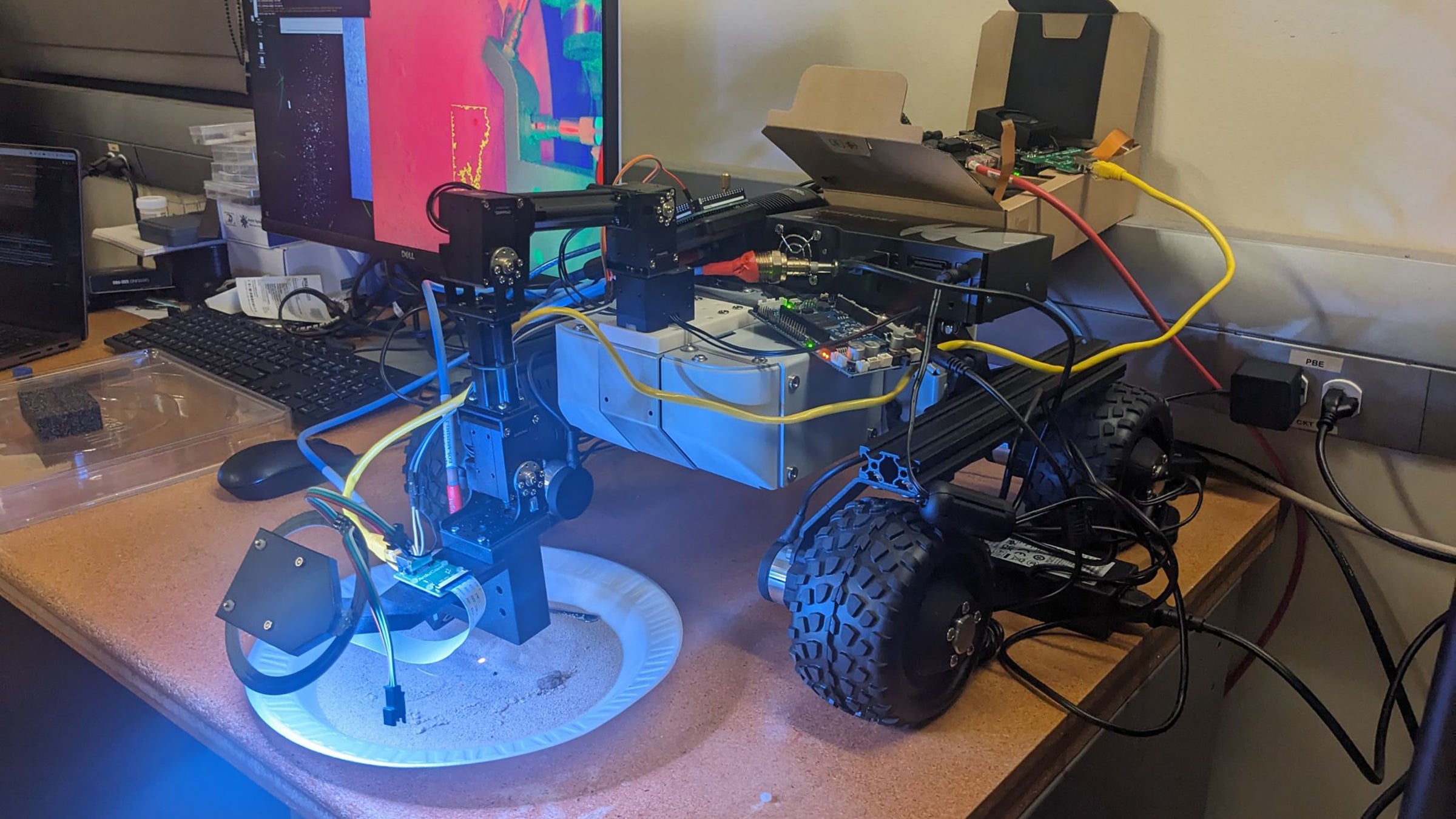
UT News
UT Startup To Recover Rare Earth Minerals From Industrial and e-Waste
The startup, based on work from UT chemists, puts a reusable, 3D-printed filtration platform to work.
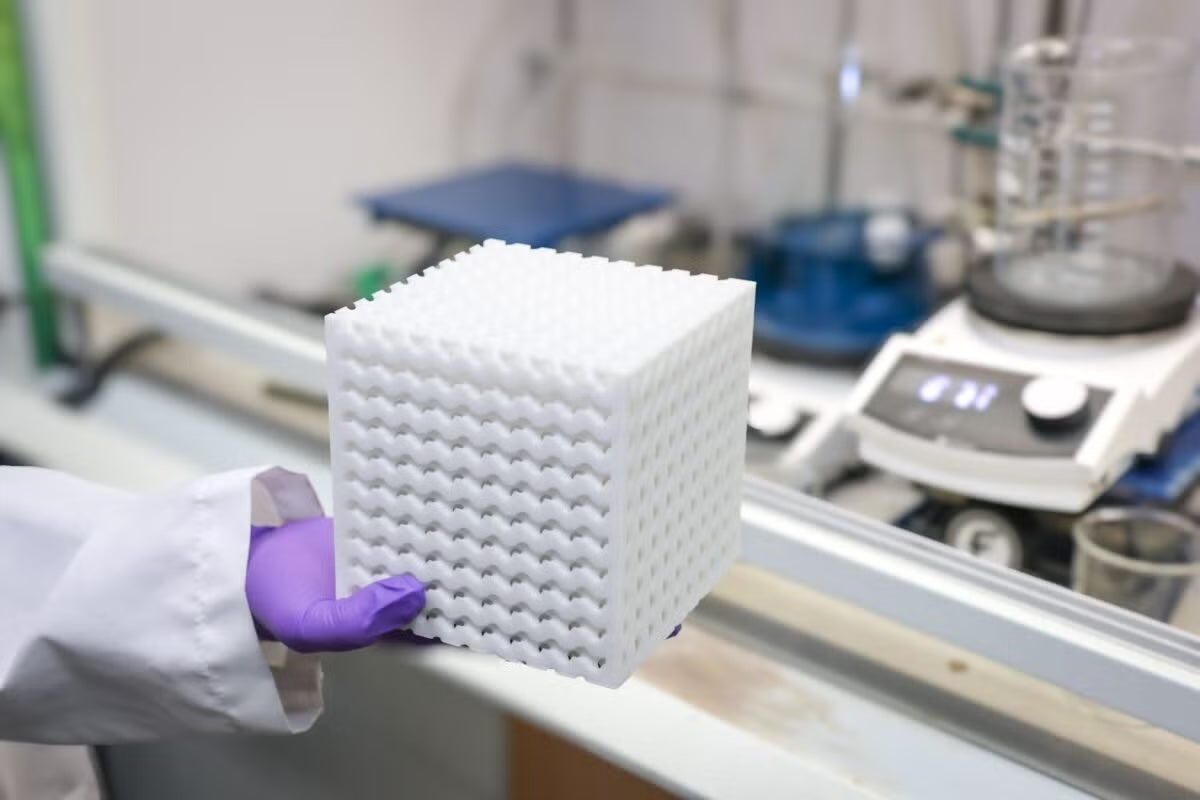
New 3D Printing Method Makes Affordable, Realistic Replicas as Structurally Complex as a Human Hand
The CRAFT method uses widely available materials and inexpensive commercial 3D printers.

UT News
UT Center on Aging and Population Sciences Awarded 6-Year Grant Renewal to Accelerate Research, Expand Trainings
The University of Texas at Austin center is 1 of only 15 such centers on aging in the U.S.

